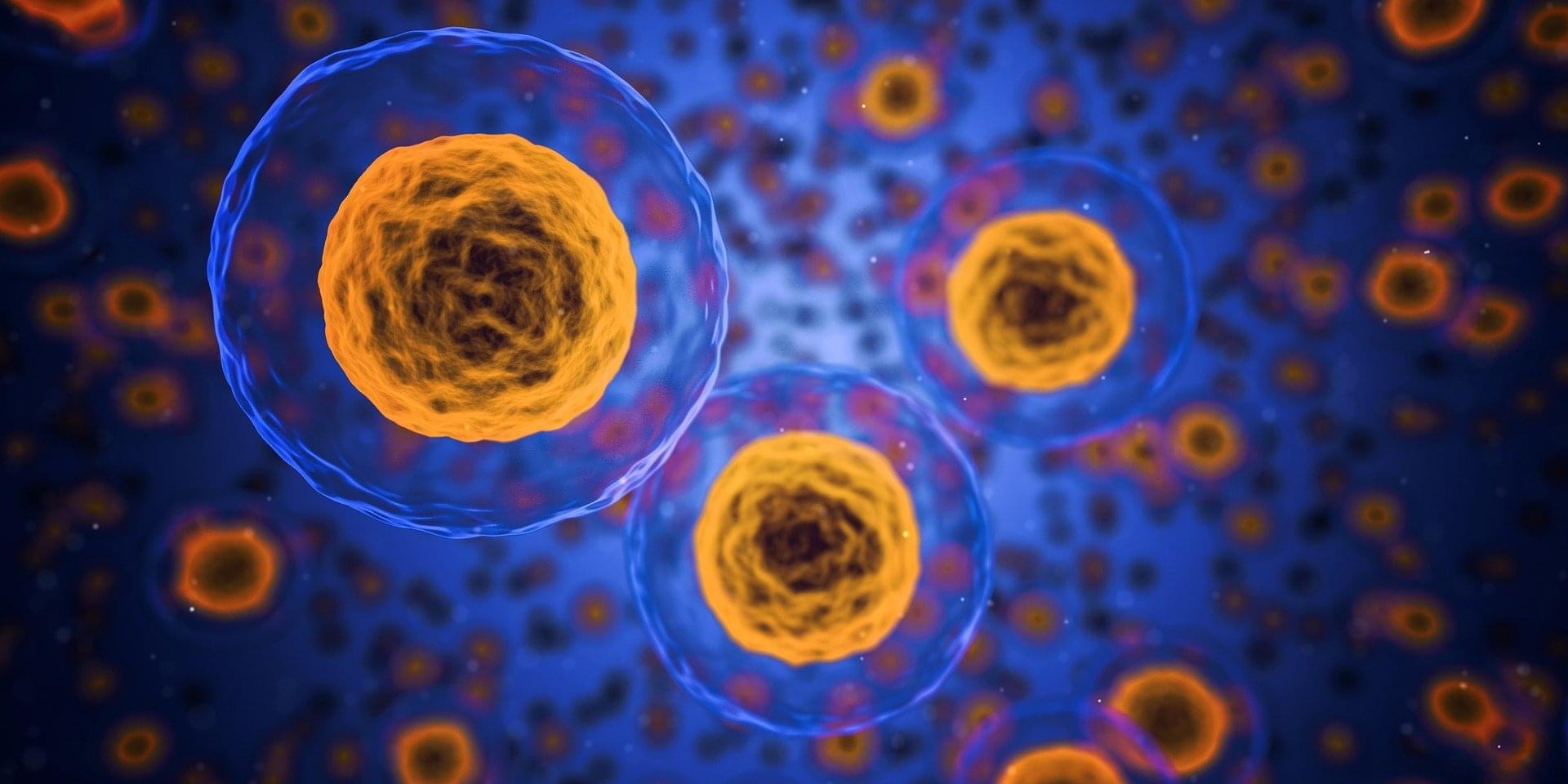A team of international researchers led by scientists at City of Hope provides the most thorough account yet of an elusive target for cancer treatment. Published in Science Advances, the study suggests a complex signaling process involving paxillin, a focal adhesion protein that acts as a hub to connect with other proteins, may be vulnerable to therapy despite its fluid state.
“Disrupting the interaction of paxillin with focal adhesions bears direct relevance in cancer treatment,” said Ravi Salgia, M.D., Ph.D., the Arthur & Rosalie Kaplan Chair in Medical Oncology at City of Hope’s comprehensive cancer center. “This can lead to precision therapeutics targeting a specific paxillin function that is dominant in cancer cells, but less prevalent in healthy cells.”
The research adds important new details on a hard-to-characterize network of cellular proteins. Dr. Salgia and his team looked closely at paxillin, which prompts cells to change in response to the environment. This helps cancer cells to evolve and evade detection, while also causing resistance to treatment. Dr. Salgia and his team have been working on elucidating the function of paxillin for over three decades. He and his colleagues were the first to clone the full-length human gene in 1995 at Harvard.
